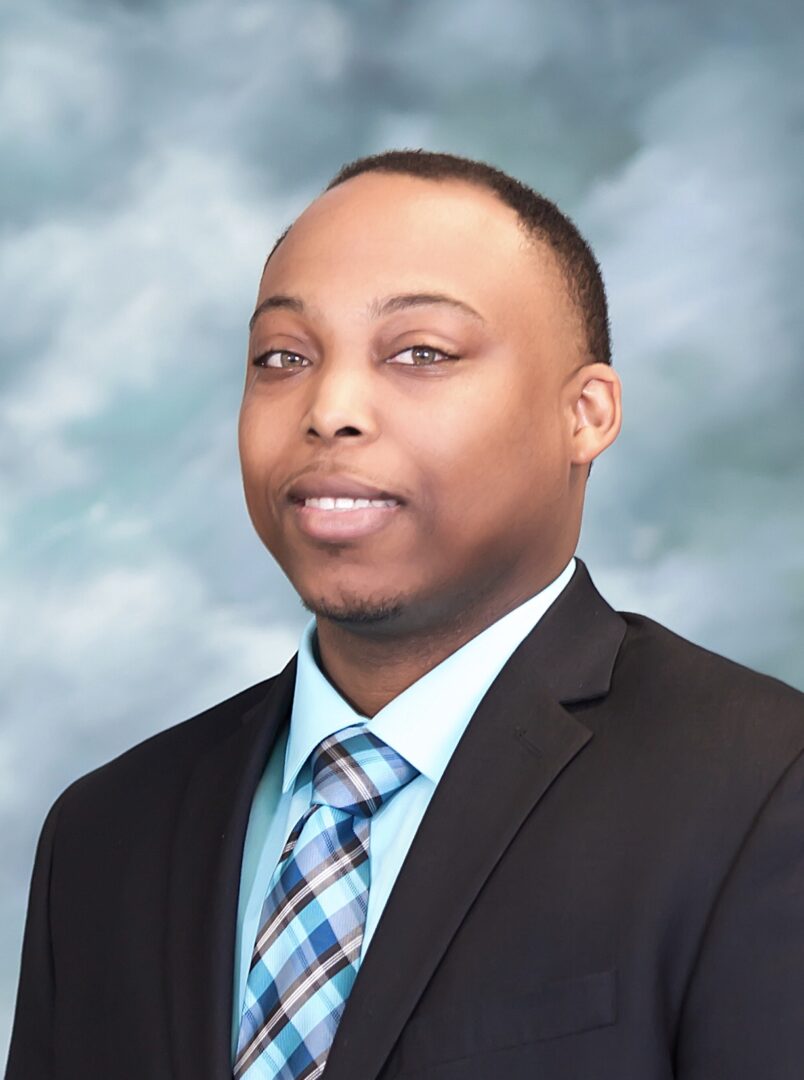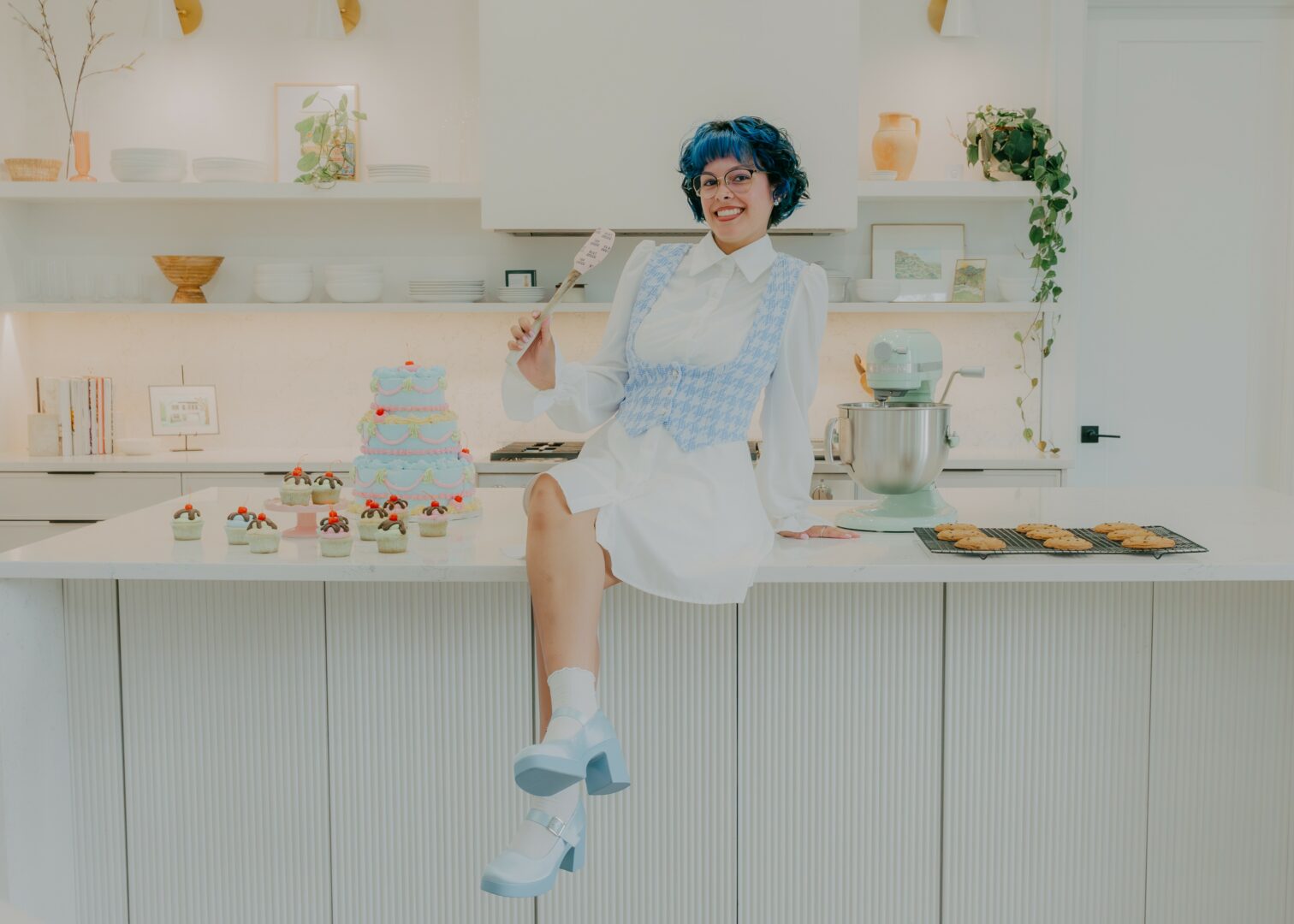We’re excited to introduce you to the always interesting and insightful Russell Crooms. We hope you’ll enjoy our conversation with Russell below.
Russell, so great to be with you and I think a lot of folks are going to benefit from hearing your story and lessons and wisdom. Imposter Syndrome is something that we know how words to describe, but it’s something that has held people back forever and so we’re really interested to hear about your story and how you overcame imposter syndrome.
One night, I was sitting at my desk, staring at lines of code that just wouldn’t work. I was building Grocery Savvy, an app I dreamed up to help people make healthier grocery decisions. But at that moment, I wasn’t dreaming—I was doubting. Every error message felt like it was shouting, “You’re not cut out for this.” My mentor’s voice echoed in my head: “You need to understand what the code is doing.” But instead of feeling inspired, I felt overwhelmed. Who am I kidding? Can I even do this? I wondered if I should scrap everything, simplify the idea, or spend another year studying. Worse, I couldn’t shake the fear that if someone looked at my code, they’d laugh at how messy it was.
That wasn’t the first time I’d felt that way. I’d spent a year learning how to code, gaining enough confidence to build basic projects. But the first time I had to explain my work to experienced developers, I felt like I’d hit a wall. They’d ask me why I wrote something a certain way, and my best answer was, “That’s how I learned it.” That answer wasn’t enough for them—or for me. Suddenly, I felt like all my progress was fake. These other developers made it look easy, while I had to research almost every step. It was discouraging because I wanted so badly to succeed, not just for myself but to provide a better life for my family. I started wondering, How much more do I need to learn to feel “ready”? Will I ever feel ready?
Eventually, I realized that waiting to feel ready wasn’t an option. I decided to keep coding, no matter how much I doubted myself. My mentor’s advice—*“Understand what the code is doing”—*became my new mantra. I took a course, made notes, and dove deep into every line of code, making sure I understood how it worked and why. Then, I put that knowledge into action. Grocery Savvy became my proving ground—a passion project that forced me to learn new technologies, solve new problems, and get comfortable with being uncomfortable.
I also started celebrating the small wins. If I figured out a tricky bug or added a feature, I’d treat myself—maybe ice cream or sharing the news with my wife. I even started journaling about my progress, which helped me see how far I’d come. Over time, I learned something that completely changed my perspective: even the most experienced developers don’t have all the answers. Watching my mentor, who seemed so confident, struggle to build a mobile app reminded me that problem-solving and researching are part of the job. He wasn’t some coding wizard; he just had more experience. And I was gaining that experience too, one step at a time.
Looking back, overcoming imposter syndrome wasn’t about magically becoming more confident. It was about showing up every day, learning to trust my ability to figure things out, and giving myself credit for the progress I was making. Building Grocery Savvy wasn’t just about creating an app—it was about proving to myself that I belonged in this space.
To anyone struggling with imposter syndrome: it doesn’t mean you’re failing—it means you’re growing. Keep going. Celebrate your wins, no matter how small, and remind yourself that even the pros had to start somewhere. You’re not an imposter—you’re exactly where you need to be.
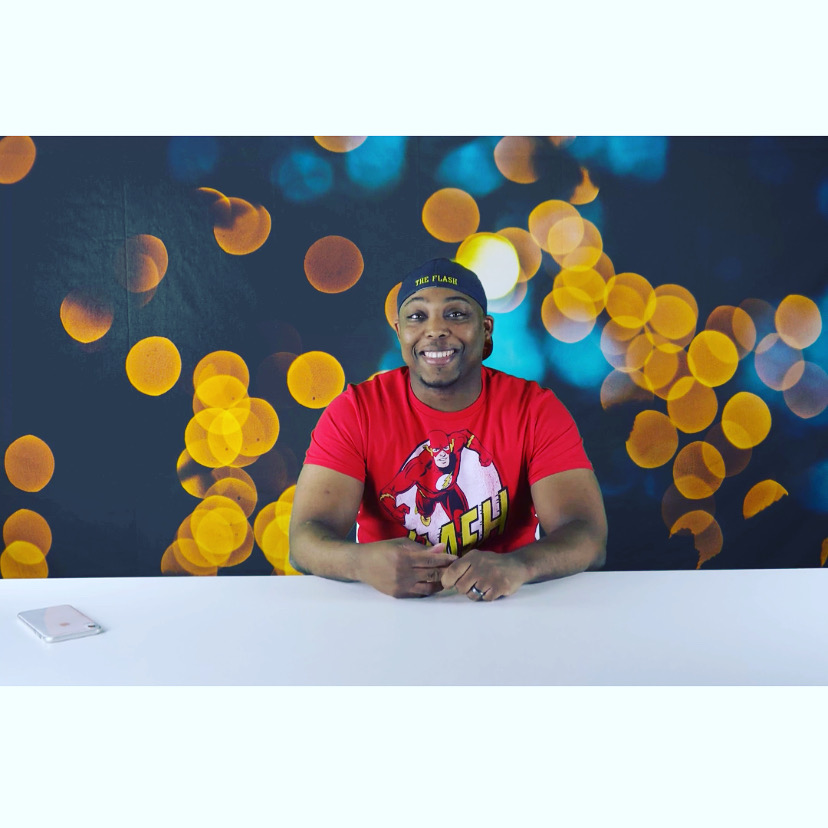
Let’s take a small detour – maybe you can share a bit about yourself before we dive back into some of the other questions we had for you?
I’m an entrepreneur and developer who’s passionate about creating tools and content that inspire and empower people. My journey started with Nerdgenic, a platform I created to share news, reviews, and insights about video games, comics, and fandom culture. What began as a fun creative outlet has grown into a community I’m incredibly proud of, with a YouTube channel and a website that connect me with people who love the same things I do.
More recently, I started Savvy Developer Hub, where I’ve been working on Grocery Savvy, a grocery shopping app designed to help people shop smarter and eat healthier. Grocery Savvy is my passion project, combining my love for technology with my desire to create something meaningful. It’s been an amazing experience taking this idea from a dream to something that’s almost ready to share with the world.
What I love most about the work I do is the opportunity to build things that matter—whether that’s connecting fans through Nerdgenic or creating tools like Grocery Savvy that make people’s lives a little easier. Seeing these ideas come to life and knowing they can have a real impact is what keeps me going.
Right now, I’m focused on getting Grocery Savvy ready for launch and continuing to grow Nerdgenic with more content and collaborations. Both projects are evolving in exciting ways, and I can’t wait to share them with more people.
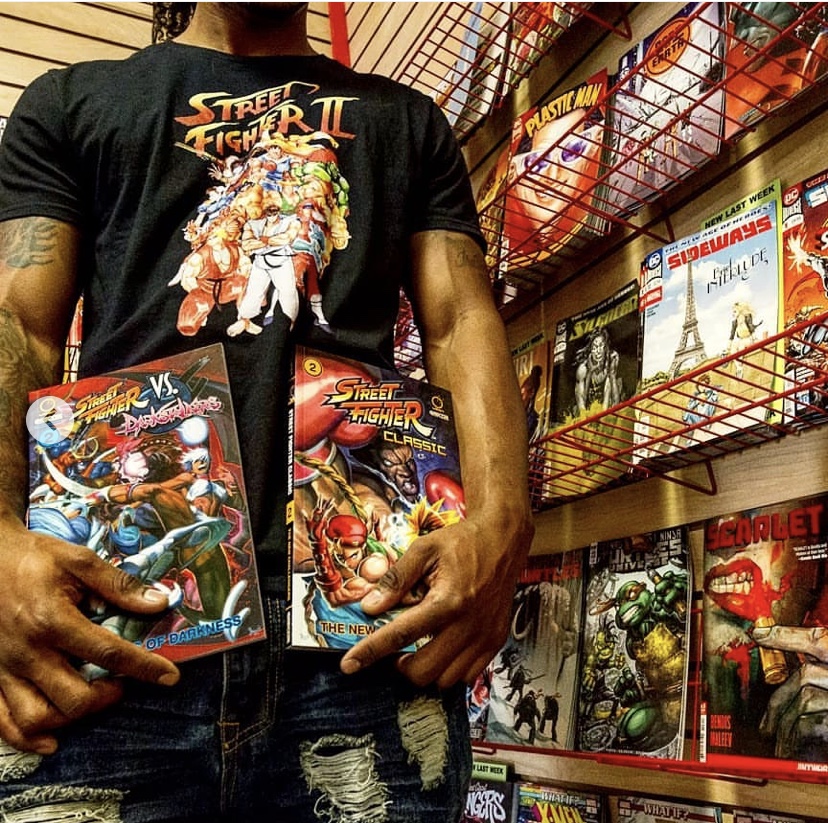
If you had to pick three qualities that are most important to develop, which three would you say matter most?
Looking back, I think three qualities have been the most impactful in my journey: resilience, curiosity, and having a clear vision.
Resilience and Adaptability: There were so many moments where I felt like I hit a wall—debugging code that wouldn’t work, doubting whether I had what it took to build something like Grocery Savvy, or wondering if I’d ever “catch up” to more experienced developers. But what I’ve learned is that resilience doesn’t mean always having it together; it’s about getting back up and trying again, even when you feel like giving up. I started breaking problems into smaller pieces and focused on just making progress, one step at a time. My advice? Don’t wait until you feel confident to start. Confidence grows from showing up, failing, learning, and trying again. And when you do make progress—even something small—celebrate it. Those small wins really add up over time.
Curiosity and Lifelong Learning: I’ve always approached learning with curiosity, and it’s made a huge difference. When I started coding, I didn’t have all the answers (and I still don’t!), but I wasn’t afraid to dive in and figure things out. Whether it was taking an online course, reading documentation, or asking ChatGPT for help, I just kept looking for ways to grow. Building Grocery Savvy has pushed me to learn so much—new frameworks, better coding practices, and even how to think like a developer. My advice here is simple: stay curious. You don’t have to know everything right away; you just have to be willing to keep learning. Even experienced developers have to look things up—it’s part of the process.
Vision and Purpose: What’s kept me motivated through all the doubts and late nights is knowing why I’m doing this. Grocery Savvy isn’t just an app—it’s a project I’m passionate about because it can genuinely help people make healthier, more informed choices. The same goes for Nerdgenic, which started as a way to share my love for games and fandoms but has grown into a community I’m so proud of. Having that sense of purpose made it easier to keep going, even when it got tough. My advice? Spend time thinking about your “why.” What excites you? What’s the bigger picture? Having a clear purpose makes all the hard work feel worthwhile.
These qualities—resilience, curiosity, and vision—have shaped not just my projects, but how I approach challenges in general. If you’re early in your journey, remember: you don’t have to have everything figured out to get started. Be patient with yourself, celebrate your wins, and keep reminding yourself why you started in the first place. You’re capable of more than you think.
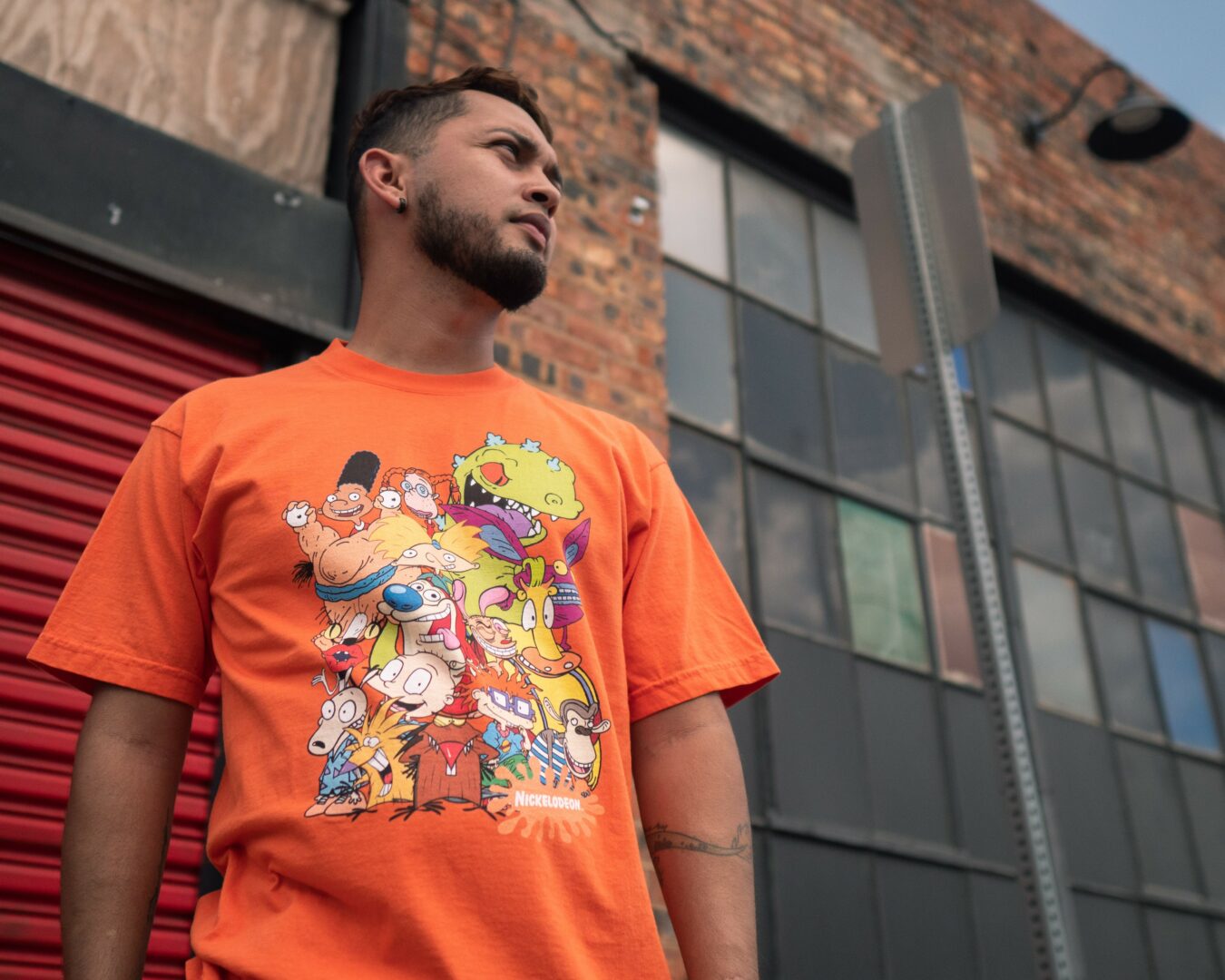
Do you think it’s better to go all in on our strengths or to try to be more well-rounded by investing effort on improving areas you aren’t as strong in?
I think it’s important to strike a balance—leaning into your strengths while improving the areas you’re not as strong in. That’s been my approach as an entrepreneur and developer.
My strengths are resilience, a willingness to learn, problem-solving, and being able to see the big picture. These have been essential in building my company, Savvy Developer Hub, and creating projects like Grocery Savvy and Nerdgenic. But along the way, I’ve had to pick up a lot of new skills—like marketing, sales, data analytics, management, leadership, and, of course, software development. There were moments when it felt overwhelming, but I realized pretty quickly that I couldn’t master everything. And honestly, I don’t think anyone can.
So, I focus on what I’m naturally good at and what excites me. For instance, I’ve put a lot of energy into problem-solving and development because I enjoy it and it’s critical to my work. But for things like accounting? I’ve learned just enough to understand the basics and review my books, but I leave the detailed work to someone who’s trained in that. It’s about knowing enough to communicate effectively and guide the process without needing to be an expert in every single area.
For me, it all comes down to balance. I double down on my strengths because that’s where I can make the biggest impact. At the same time, I work on my weaker areas strategically—just enough to stay informed and lead effectively. Building something sustainable, something that can grow beyond me, means surrounding myself with talented people who are great at the things I’m not.
If you’re wondering whether to focus on your strengths or improve your weaknesses, my advice is to focus on self-awareness. Know what you’re good at and lean into it, but also identify the skills or knowledge you need to achieve your goals. You don’t have to do it all—just enough to build the team and the vision you’re working toward.
Contact Info:
- Website: https://nerdgenic.com/
- Linkedin: https://www.linkedin.com/in/russell-crooms-7b635855/
- Twitter: https://x.com/russ_the_ceo
- Youtube: https://www.youtube.com/nerdgenic
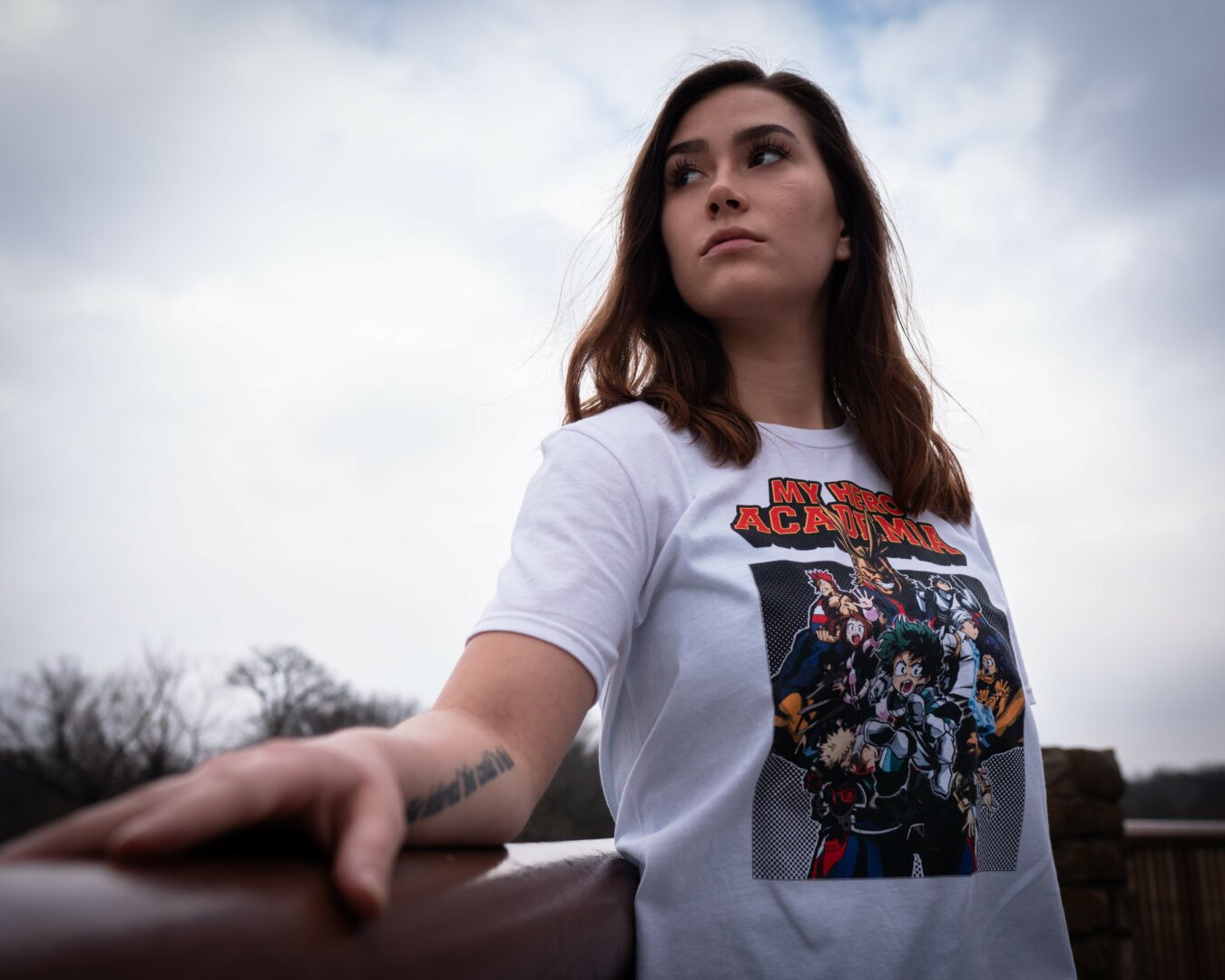
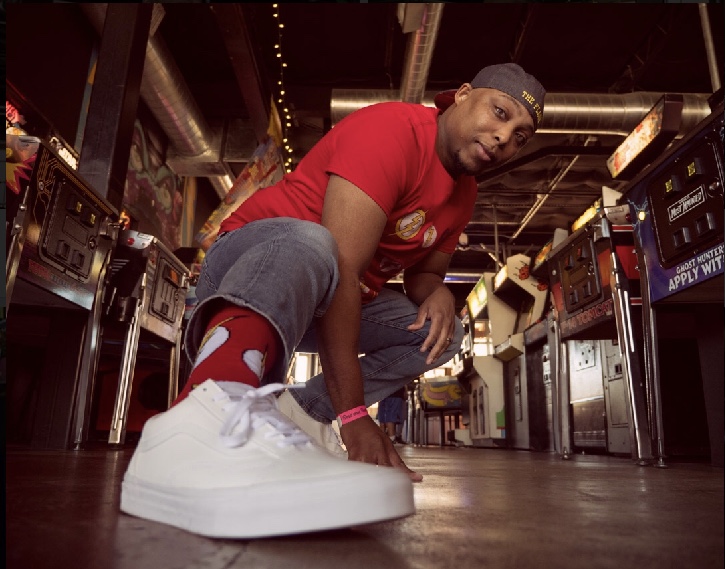
Image Credits
Image credit should go to Ashton Norris.
so if you or someone you know deserves recognition please let us know here.

